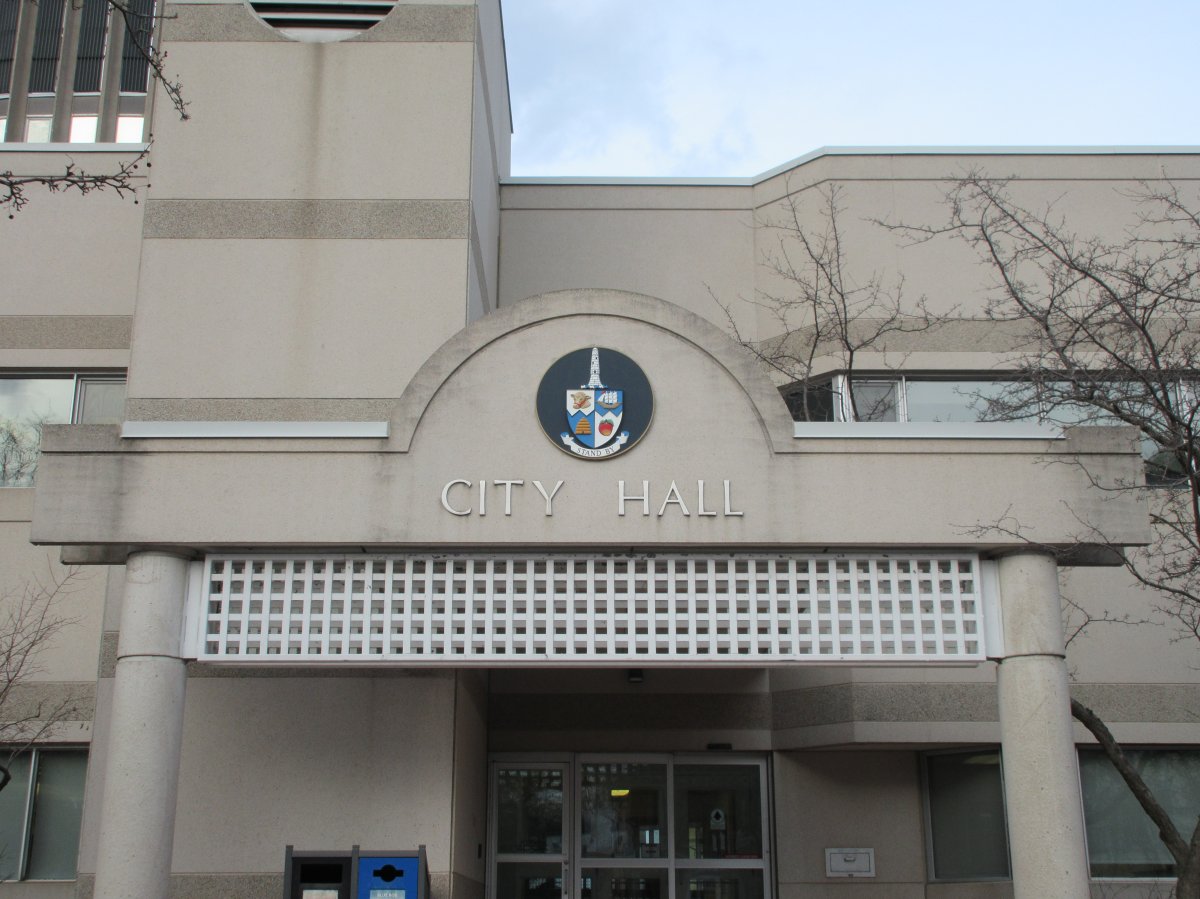Burlington, Ont., politicians are seeking to raise awareness on the effects of intimate partner violence and violence against women after declaring the circumstance as an epidemic.

Council passed a motion Tuesday acknowledging the city has an intimate partner domestic abuse crisis citing the region’s 3,503 calls to Halton police last year and some 2,200 calls to its Women’s Shelter Crisis helpline.
A staff report revealed the city’s shelter and crisis services for women supported over 600 women last year through outreach services with some 126 women and children going through the system annually.
“These cases are often hidden, occurring behind closed doors, and that makes it all the more horrifying,” Mayor Marianne Meed Ward said in a statement following the declaration.
“Halton Police noted they receive about 10 calls a day in Burlington alone, responding to incidences of intimate partner violence — and that is just what is reported.”
Several delegates and first responders shared personal stories and experiences with councillors Tuesday prior to the declaration acknowledging violence against women and girls in Halton as “serious to the health and wellness of local families.”
The city estimates only about a third of incidents categorized as violent acts against a woman are reported to authorities.

Get daily National news
Councillors also gave thumbs up to reaching out to Queen’s Park and asking Ontario to declare a crisis as well, based on provincial data suggesting one woman every week is a victim of a femicide — death at the hands of a male.
That request comes as the province looks to implement some of 86 recommendations issued following an inquest into the 2015 deaths of three women at the hands of their former partner.
Around 80 per cent of domestic violence victims tell family or friends of their situation, but only 30 per cent report abuse to police.
Burlington’s city manager is now expected to embark on putting together a municipal action plan with Halton Violence Prevention Council (HVPC) seeking an end to partner violence via community engagement with partner agencies and the public.
A motion came before Halton Region’s council Wednesday morning seeking a similar declaration across the region.
Jennifer Kagan-Viater was one delegate who addressed councillors, sharing her story of domestic violence and “coercive control” believed to have led to the death of her daughter Keira at Milton’s Rattlesnake Point Conservation Area in 2020.
“I commonly hear from colleagues looking to find shelter space for abused women and that they cannot find it,” Kagan-Viater said.
“And that police cannot meet the unprecedented demand for services by declaring intimate partner violence an epidemic.”
Halton police deputy chief Jeff Hill revealed 2,100 charges were laid in 949 arrests connected with intimate partner violence across the region.
So far in 2023, police have dealt with 544 reported incidents in Burlington, 414 incidents in Oakville and 495 in the Halton Hills-Georgetown area.
Hill advocated for more financial resources to “upstream multi-sectoral interventions” and deal with the issue via “community awareness and education.”
“Let me be clear … that the police alone are not the solution to this issue,” Hill said.
“We will not arrest our way of this epidemic if we don’t do something different. This problem will continue to grow.”
Halton Women’s Place public education supervisor Jerusha Mack said the shelter system is typically “always at capacity” and that the average stay by a user was up to 105 days last year compared with 90 days in previous years.
“So when individuals call us, we have crisis intervention counsellors who do safety planning with them to determine the level of risk,” Mack said.
“If we don’t have space, we never turn women away, we will always try to refer them to other shelters in other regions and try to get some sort of support or housing.”
Halton’s councillors unanimously approved the motion, declaring their own epidemic.








Comments